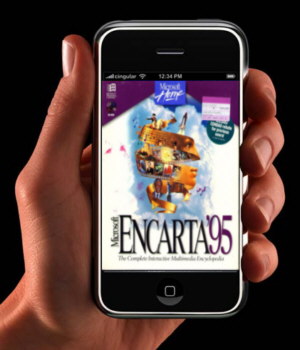Child molester’s conviction vacated because juror read articles about victim’s alleged injuries.
Lockwood v. State, 2010 WL 3529416 (Nev., September 3, 2010)
Last week it was manslaughter. This week it’s child molestation.
Defendant was convicted on multiple counts of the heinous crime of sexual assault of a child under the age of sixteen. He moved for a new trial when he learned that the jury foreperson did some internet research on the nature of the injuries suffered by the victim. The trial court denied the motion for a new trial, but the Nevada supreme court overturned the conviction on the basis of the juror misconduct.
To be successful on a motion for new trial, the defendant had to show (1) the occurrence of juror misconduct, and (2) that the misconduct was prejudicial.
The court held that although independent research by a juror generally would not give rise to the presumption of prejudice, in this case, the independent research did rise to that level.
The jury foreperson consulted eight to ten internet articles on the nature of the victim’s injuries over the course of forty-five minutes and shared her research with the rest of the jury during deliberations. The court held that by conducting her own research and relaying that information to the rest of the jury, the foreperson engaged in misconduct that was prejudicial.
The information related directly to whether it was possible that the victim was assaulted. Moreover, by sharing that information, the foreperson might have bolstered the credibility of both the victim and the State’s expert witness and thereby infected the deliberations such that there was a “reasonable probability that the information affected the verdict.”

